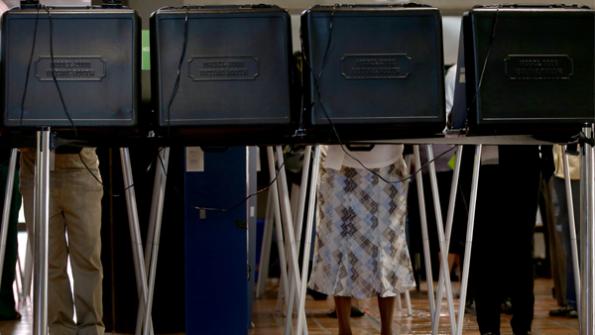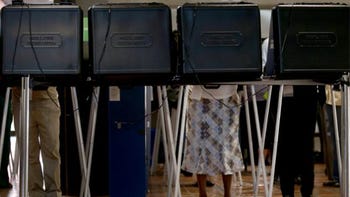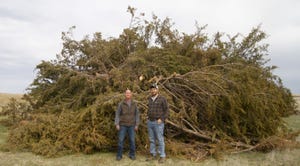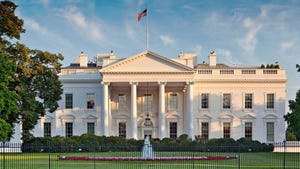The Ugly Side Of Elections Is On Display This Year
October 30, 2014

The big mid-term election is just a few days away (Nov. 4; be sure to vote). If an individual race is largely decided, the projected victor is pressing hard to the end, and his/her advertising message is largely a positive one. However, if the election is a close one, the tone of the advertising tends to be decidedly vicious.
The beauty of free elections is that they give people a voice, as well as a civilized, non-lethal means to arbitrate between opposing views. The ugly part of elections is that it’s much easier to convince someone not to vote for an opponent than it is to convince them to vote for you. And candidates tend to be so hungry for victory that they’re willing to do almost anything to achieve it.
Nearing middle age, I’ve been around for quite a few of these election seasons, and I’ve heard many people comment that each election seems to get nastier than the previous one. The tone of the debate deteriorates, and partisanship increases while statesmanship declines.

"I don’t blame the candidates so much as I blame the system. However, even more blame rests on us as voters." - Troy Marshall Photo Credit: Joe Raedle / Staff / Getty Images
I do think the boundaries of what is acceptable in campaigns seem to broaden each election cycle. The result, however, is that it diminishes the candidates, the parties, and the institutions in the eyes of the voters. I also hope that the trend reverses itself at some point, as gravitating toward the lowest common denominator will actually harm and not benefit the candidates.
Here in Colorado, we have races for U.S. Senate and the governorship that are very much tossups as we go into the final weekend. The fact that these are close races goes beyond the fact that Colorado has become a swing state, however. These are close races because all four major candidates on the ballot are actually good candidates and fine people, and that’s what has made the tone of these Colorado campaigns so difficult to listen to.
The negative tone of the campaigns has diminished all four individuals, and the state’s electorate just wishes the election had occurred two weeks ago. In the end, I can’t imagine there being any outcome other than increased partisanship.
I don’t blame the candidates so much as I blame the system. However, even more blame rests on us as voters. Negative campaigning works because we don’t do a good job ourselves of vetting candidates. We as voters also haven’t punished politicians for using the campaign tactics that are more about personal destruction than the issues.

Photo Gallery: Home Is Where You Hang Your Hat
At BEEF, we're proud to celebrate the ranching lifestyle. Enjoy 20+ photos from our readers that showcase their country home. Enjoy the gallery now.
In the Colorado gubernatorial race, the Democratic incumbent has been running one particular ad that even his party’s most ardent supporters say is misleading, inaccurate and distasteful. His Republican opponent characterizes that same ad as out-and-out lies, immoral and unethical. As I said before, the incumbent governor’s record is one of fairly high integrity, but even when his supporters say the ad is wrong, the ad continues to run. Why? Because, it’s working, and we as citizens allow it to work.
With all that said, elections do matter. Having the right leadership is absolutely critical, and our system only works when everyday citizens play an active role and make sure their concerns and voices are heard. We have the power. Hopefully, everyone will exercise that power and send the correct messages.
The opinions of Troy Marshall are not necessarily those of beefmagazine.com and the Farm Progress Group.
You might also like:
Cornstalk Grazing Offers Potential For Winter Cattle Feed Savings
60 Stunning Photos That Showcase Ranch Work Ethics
Producers Must Act Now To Save Their Beef Checkoff Program
Buying A New Herd Bull? Do These 4 Steps First
3 Reasons A DVM Should Head Up Our Ebola Response
About the Author(s)
You May Also Like
.png?width=300&auto=webp&quality=80&disable=upscale)


